Les deux Violes plus - Boismortier: Sonates pour Viole, Op. 50 (2023)
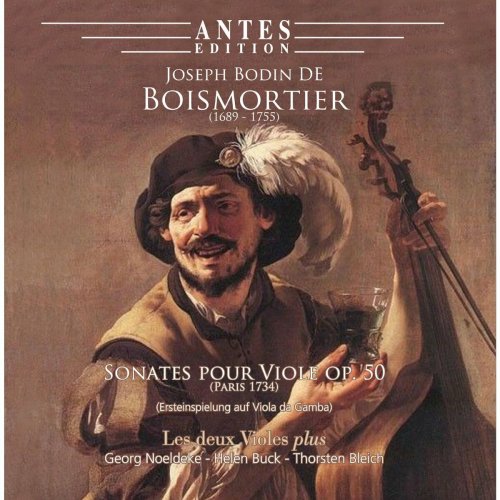
Artist: Les deux Violes plus
Title: Boismortier: Sonates pour Viole, Op. 50
Year Of Release: 2023
Label: Bella Musica Edition
Genre: Classical
Quality: FLAC (tracks)
Total Time: 68:09 min
Total Size: 308 MB
WebSite: Album Preview
Title: Boismortier: Sonates pour Viole, Op. 50
Year Of Release: 2023
Label: Bella Musica Edition
Genre: Classical
Quality: FLAC (tracks)
Total Time: 68:09 min
Total Size: 308 MB
WebSite: Album Preview
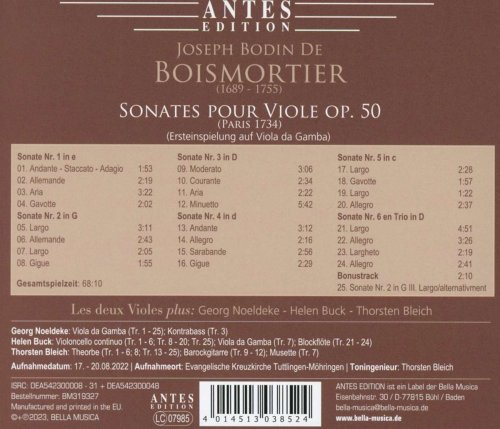
Tracklist:
01. Sonate No. 1 für Trio in E Minor, Op. 50: No. 1, Andante - Staccato - Adagio
02. Sonate No. 1 für Trio in E Minor, Op. 50: No. 2, Allemande
03. Sonate No. 1 für Trio in E Minor, Op. 50: No. 3, Aria
04. Sonate No. 1 für Trio in E Minor, Op. 50: No. 4, Gavotte
05. Sonate No. 2 für Trio in G Major, Op. 50: No. 1, Largo
06. Sonate No. 2 für Trio in G Major, Op. 50: No. 2, Allemande
07. Sonate No. 2 für Trio in G Major, Op. 50: No. 3, Largo
08. Sonate No. 2 für Trio in G Major, Op. 50: No. 4, Gigue
09. Sonate No. 3 für Trio in D Major, Op. 50: No. 1, Moderato
10. Sonate No. 3 für Trio in D Major, Op. 50: No. 2, Courante
11. Sonate No. 3 für Trio in D Major, Op. 50: No. 3, Aria
12. Sonate No. 3 für Trio in D Major, Op. 50: No. 4, Minuetto
13. Sonate No. 4 für Trio in D Minor, Op. 50: No. 1, Andante
14. Sonate No. 4 für Trio in D Minor, Op. 50: No. 2, Allegro
15. Sonate No. 4 für Trio in D Minor, Op. 50: No. 3, Sarabande
16. Sonate No. 4 für Trio in D Minor, Op. 50: No. 4, Gigue
17. Sonate No. 5 für Trio in C Minor, Op. 50: No. 1, Largo
18. Sonate No. 5 für Trio in C Minor, Op. 50: No. 2, Gavotte
19. Sonate No. 5 für Trio in C Minor, Op. 50: No. 3, Largo
20. Sonate No. 5 für Trio in C Minor, Op. 50: No. 4, Allegro
21. Sonate No. 6 für Trio in D Major, Op. 50: No. 1, Largo
22. Sonate No. 6 für Trio in D Major, Op. 50: No. 2, Allegro
23. Sonate No. 6 für Trio in D Major, Op. 50: No. 3, Largheto
24. Sonate No. 6 für Trio in D Major, Op. 50: No. 4, Allegro
25. Sonate No. 2 für Trio in G, Op. 50: No. 3, Largo - alternativment
Georg Noeldeke with his ensemble Les deux Violes plus is particularly fond of the rococo composer Joseph Bodin de Boismortier (1689 - 1755). With the Sonates pour Viole op. 50 (Paris 1734) he presents what is now the third album dedicated to the rediscovery of this composer's works for viola da gamba.
Together with Thorsten Bleich (theorbo & baroque guitar) and Helen Buck (violoncello & recorder) he has recorded the five sonatas for viola da gamba (or violoncello) and basso continuo of this group of works as well as the corresponding trio for treble instrument, viola da gamba and b.c..
The result is a colorful florilegium of the galant style, which this composer masters with somnambulistic certainty and makes it difficult to interrupt the listening pleasure before the last chord has faded away. Absolutely resistance-free and at the same time rarely witty music: "easy listening" at the highest level.
Again, this is a premiere recording on the viola da gamba as a complete cycle. Other recordings prefer the cello as solo instrument in this group of works. But again the unexpectedly charming timbres of the viola da gamba, for which this repertoire already heralds the late period of its soloistic development, are revealed.
Boismortier is an individual spirit of the Rococo: never harsh, sinister or ostensibly virtuosic, but courtly elegant, light, perfectly formed, balanced, open-minded and always honestly amiable. This is how this music resounds and in it Boismortier's essence, whose acquaintance is definitely worth making.
Together with Thorsten Bleich (theorbo & baroque guitar) and Helen Buck (violoncello & recorder) he has recorded the five sonatas for viola da gamba (or violoncello) and basso continuo of this group of works as well as the corresponding trio for treble instrument, viola da gamba and b.c..
The result is a colorful florilegium of the galant style, which this composer masters with somnambulistic certainty and makes it difficult to interrupt the listening pleasure before the last chord has faded away. Absolutely resistance-free and at the same time rarely witty music: "easy listening" at the highest level.
Again, this is a premiere recording on the viola da gamba as a complete cycle. Other recordings prefer the cello as solo instrument in this group of works. But again the unexpectedly charming timbres of the viola da gamba, for which this repertoire already heralds the late period of its soloistic development, are revealed.
Boismortier is an individual spirit of the Rococo: never harsh, sinister or ostensibly virtuosic, but courtly elegant, light, perfectly formed, balanced, open-minded and always honestly amiable. This is how this music resounds and in it Boismortier's essence, whose acquaintance is definitely worth making.

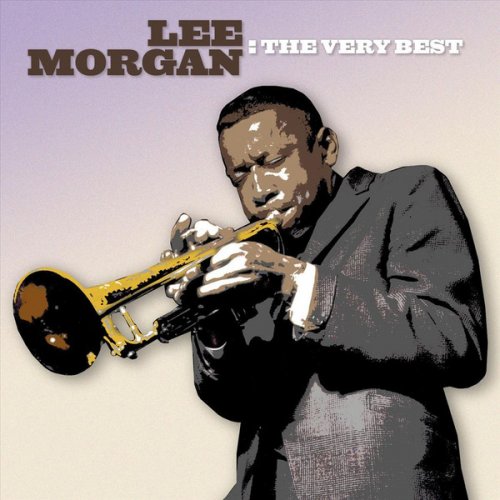
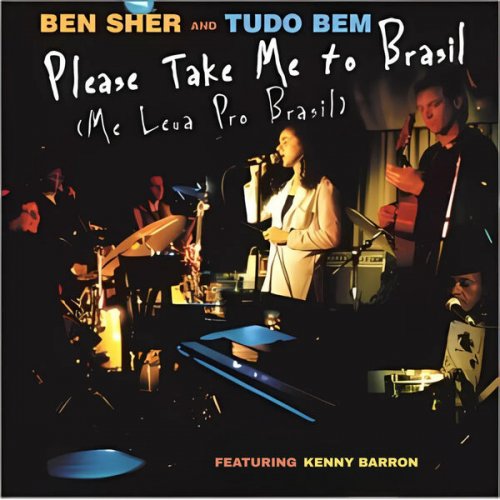
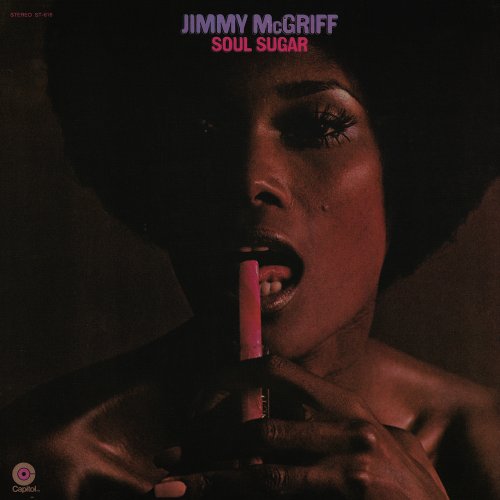
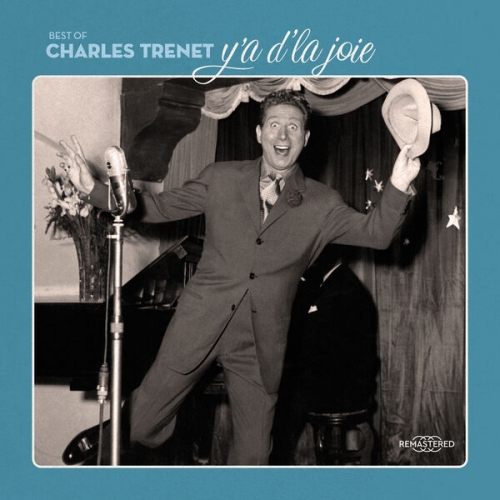
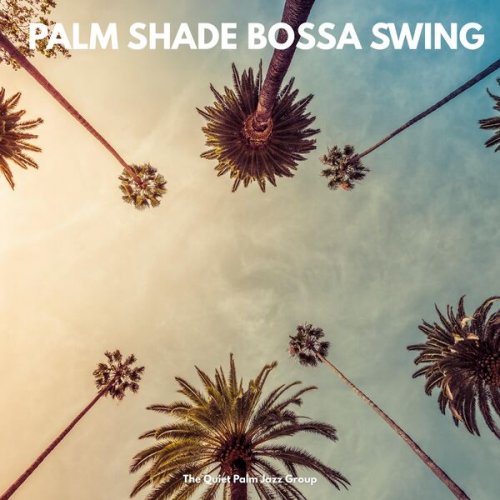
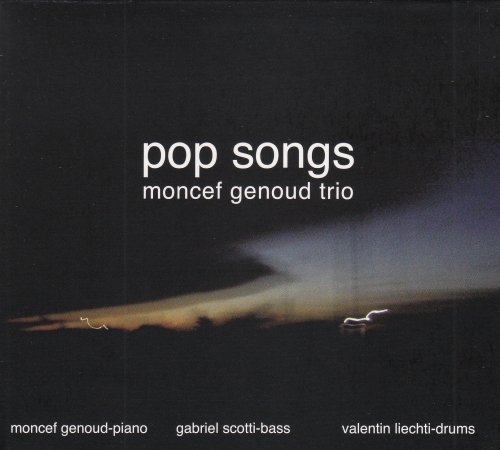
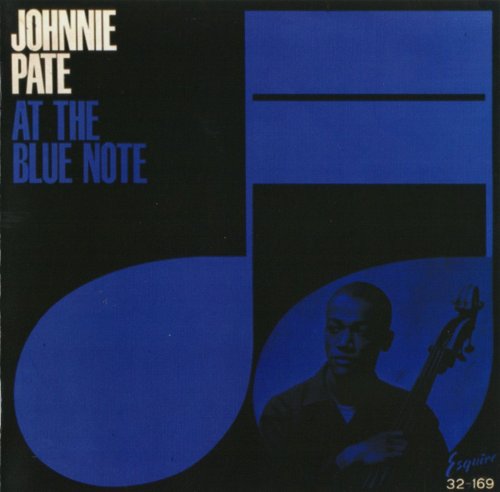
![Lucía - Lucía (Deluxe Edition) (2026) [Hi-Res] Lucía - Lucía (Deluxe Edition) (2026) [Hi-Res]](https://www.dibpic.com/uploads/posts/2026-01/1769757611_uw0gcpukit8cl_600.jpg)